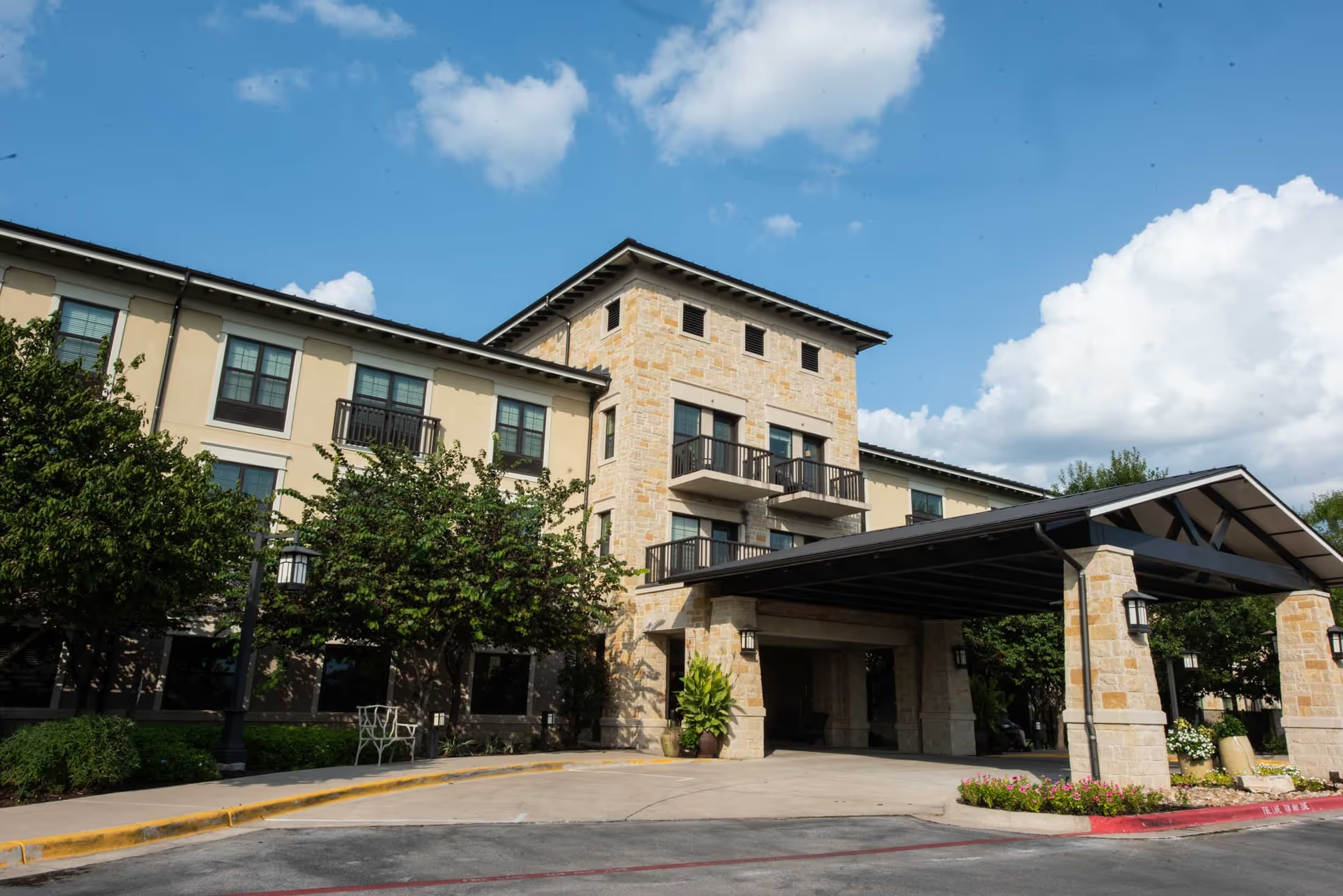Overall sentiment in the collected reviews is mixed but leans positive in many areas while displaying several serious and recurring concerns. A substantial portion of reviewers praise the staff as patient, kind, and genuinely caring. Multiple reviews compliment staff across a range of roles, including housekeepers, caregivers, kitchen personnel, activity staff, nursing leadership, and administrators; these reviewers frequently use phrases like above and beyond, attentive service, and wonderful staff. Families often note that the facility provides a homey, family-like atmosphere, consistent social opportunities, and outings that keep residents engaged. Clean, modern facilities without offensive odors, a convenient location near family homes, and an overall sense of good value also appear repeatedly as strengths. Many reviewers explicitly state they would choose the facility again or that placing a loved one there was the best decision, and several note that the environment gives them peace of mind.
Dining and activities are commonly cited positive aspects. Reviewers report varied daily meals, attentive dining hall service, and food that is catered to residents' preferences. Activities and organized outings are regular features that promote socialization and resident engagement. At least one reviewer describes the setting as appropriate for semi-independent living with options to move into greater care later, which suggests flexibility for changing needs.
However, there are significant and concerning negative reports that cannot be ignored. Several reviews allege serious failures in care, including statements that meals were not delivered for multiple days and that residents sometimes went without meals. One review references a power of attorney issue, implying problems with legal/administrative handling in at least one case. Communication problems appear in multiple comments — applicants report an unprofessional interview process and lack of explanation when not hired, while families describe poor communication about care in some instances. Repeated themes of perceived favoritism, internal staff conflict, drama, and unfair employee treatment suggest organizational and culture issues that could affect consistency of care. A subset of former employees provide strongly negative feedback about management and workplace culture.
The reviews display a high degree of polarization. Many contributors offer glowing endorsements emphasizing kindness, cleanliness, active programming, and a supportive atmosphere. In contrast, others present very negative, even urgent warnings, describing the facility as the worst place to send loved ones and pointing to privacy, safety, and neglect concerns. This variance suggests inconsistent experiences that may be influenced by staff turnover, shift-to-shift variability, individual caregivers, or isolated incidents that were either resolved or remain unresolved. Also notable is the absence of an on-staff dietitian noted by at least one reviewer, which could be relevant for residents with specialized nutrition needs.
In summary, Hope's Creek Retirement Living receives abundant praise for its compassionate caregivers, clean and pleasant physical environment, active programming, and the peace of mind it provides many families. At the same time, the presence of several serious allegations — missed meals, legal/authorization problems, reports of poor management and communication, and accusations of favoritism and staff conflict — introduces risk and warrants careful vetting. Prospective residents and family members should weigh the frequent positive testimonials against the concerning negative reports, and consider asking specific, targeted questions during tours: staffing levels per shift, incident and complaint handling procedures, meal delivery policies and oversight, presence of clinical nutrition support, management turnover rates, references from current resident families, and recent state inspection or complaint records. These steps will help determine whether the positive aspects highlighted by many reviewers are consistent and reliable in a given moment or whether the negative patterns represent ongoing systemic issues that require resolution.







